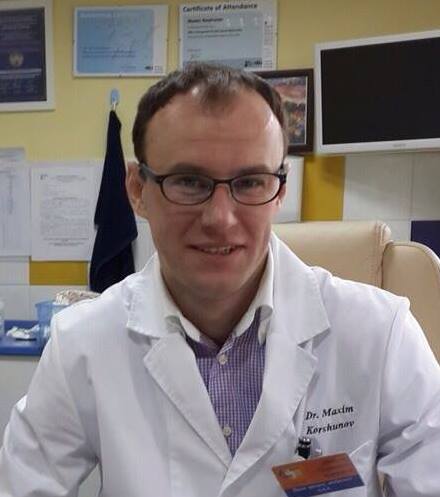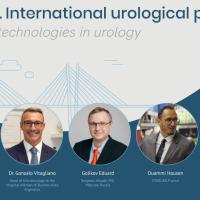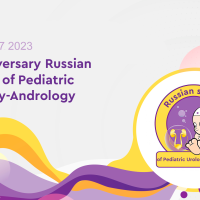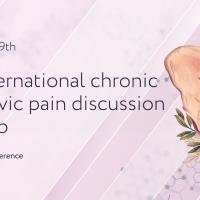
The influence of the selective serotonin re-uptake inhibitors on spermatogenesis in fertile men with depression
Article authors





Department of Clinical Andrology, The Federal State Budget Institution Peoples’ Friendship University of Russia
Research Center of psychoneurology, urology department, Moscow, Russia
Russian-German center for reproduction and clinical embryology “Pokolenie NEXT”, Moscow, Russia
Introduction & Objectives
 Infertility leads to emotional stress that can be accounted for one of the main factors of depression. Stress is also recognized as one of possible reasons of pathospermia, and thus infertility. Therefore, pathological vicious circle is formed. Selective serotonin re-uptake inhibitors (SSRIs) are drugs of choice in treatment of depressive disorders. However, few studies where focused on the relationship between therapy with SSRIs and semen parameters including level of DNA fragmentation. The aim of this study was to evaluate SSRIs effects on spermatogenesis in the course of depression treatment.
Infertility leads to emotional stress that can be accounted for one of the main factors of depression. Stress is also recognized as one of possible reasons of pathospermia, and thus infertility. Therefore, pathological vicious circle is formed. Selective serotonin re-uptake inhibitors (SSRIs) are drugs of choice in treatment of depressive disorders. However, few studies where focused on the relationship between therapy with SSRIs and semen parameters including level of DNA fragmentation. The aim of this study was to evaluate SSRIs effects on spermatogenesis in the course of depression treatment.
Material & Methods
This pilot study included nineteen married fertile (have children) men (the mean age 35,2 ± 4,5 SD years) with depression of mild severity. None of them had any urological disorders. The patients were treated by fluoxetine 20 mg per day during 6 weeks. Semen analysis was performed according to the WHO 5 guidelines evaluating semen volume, total sperm count, percentage of motile sperm and sperm with normal morphology before therapy start, after the therapy and 3 months after drug discontinuation. Additionally, level of DNA fragmentation was determined by «HALOSPERM» method.
Results
All the men had normal semen parameters before the treatment. After six weeks of the treatment, we fixed the next changes of sperm´s quality. The mean semen volume decreased from 3,1±0,7 to 2,9±0,5 ml SD, the mean sperm concentration decreased from 39,4±18,5х106 to 34,3±16,8х106 SD. Percentage of active motile sperm decreased from 41,7±7,6% to 35,5±7,8% SD. The mean percent of sperm with normal morphology (assessed by Kruger criteria) felt down from 16,7±2,8 to 10,7±2.2 SD. The mean percentage DNA fragmentation of spermatozoa increased from 16,2±4,9 to 22,2±4,3 SD. After 3 mounts of drug discontinuation the mean semen volume increased to 3,2±1,8 ml, the mean sperm concentration increased to 36,1±17,5, the mean sperm motility increased to 39,5±8,6, the percentage of sperm with normal morphology increased to 15,1±2,4% SD, sperm DNA fragmentation index decreased to 13,8±3,1 SD. After 3 weeks of the treatment, two patients (10.5%) complained on delayed ejaculation that required a dose reduction to 10 mg per day. We fixed the reduction of symptoms by depression scale in all of the cases.
Conclusions
This study shows that using SSRIs may have a negative effect on spermatogenesis and male fertility during the time of the therapy. The most changes of sperm quality were registered for sperm morphology and DNA integrity. However, 3 months after drug discontinuation the semen parameters reverted to the normal levels. We have marked that the level of DNA fragmentation decreased 3 months after the end of therapy. Moreover, it had the values less than before the treatment that correlated with the reduction of depression’s symptoms. Negative and positive effects of usage of SSRIs in infertile men with depression are to be studied in more detail.






